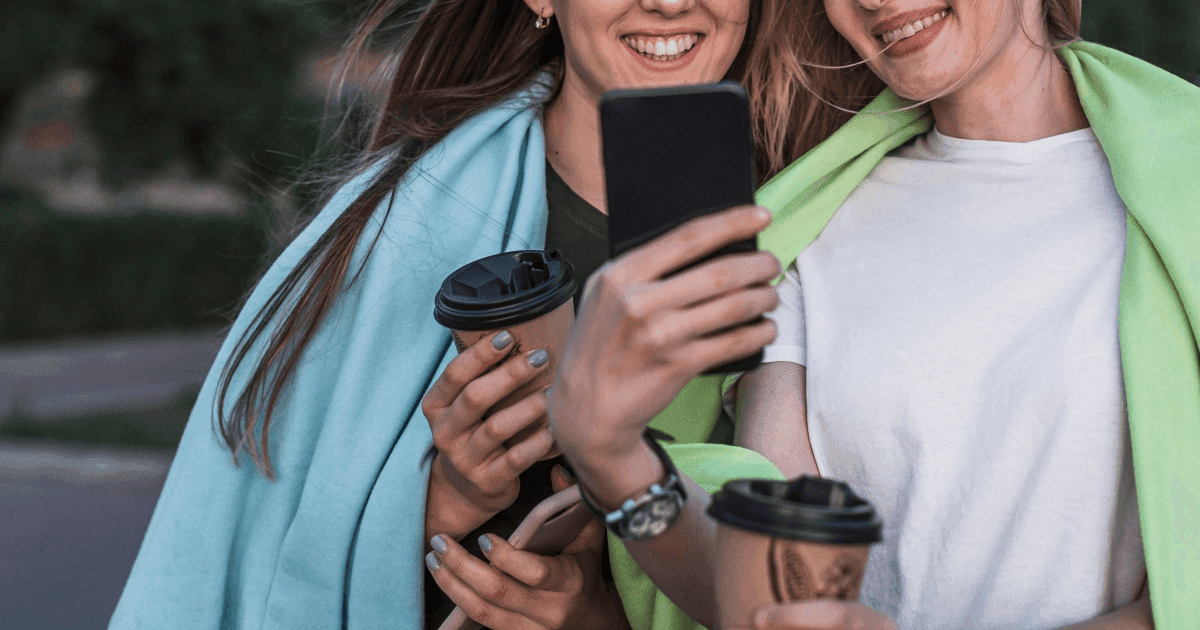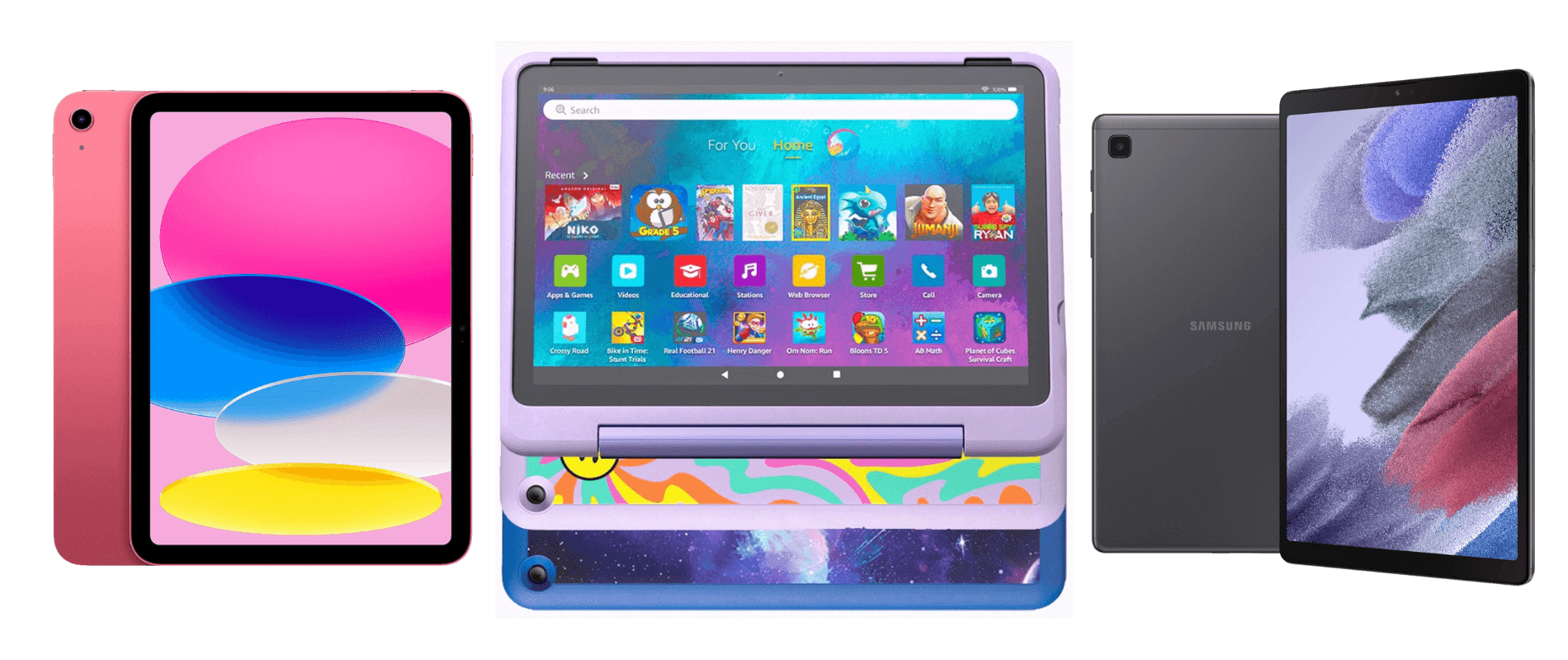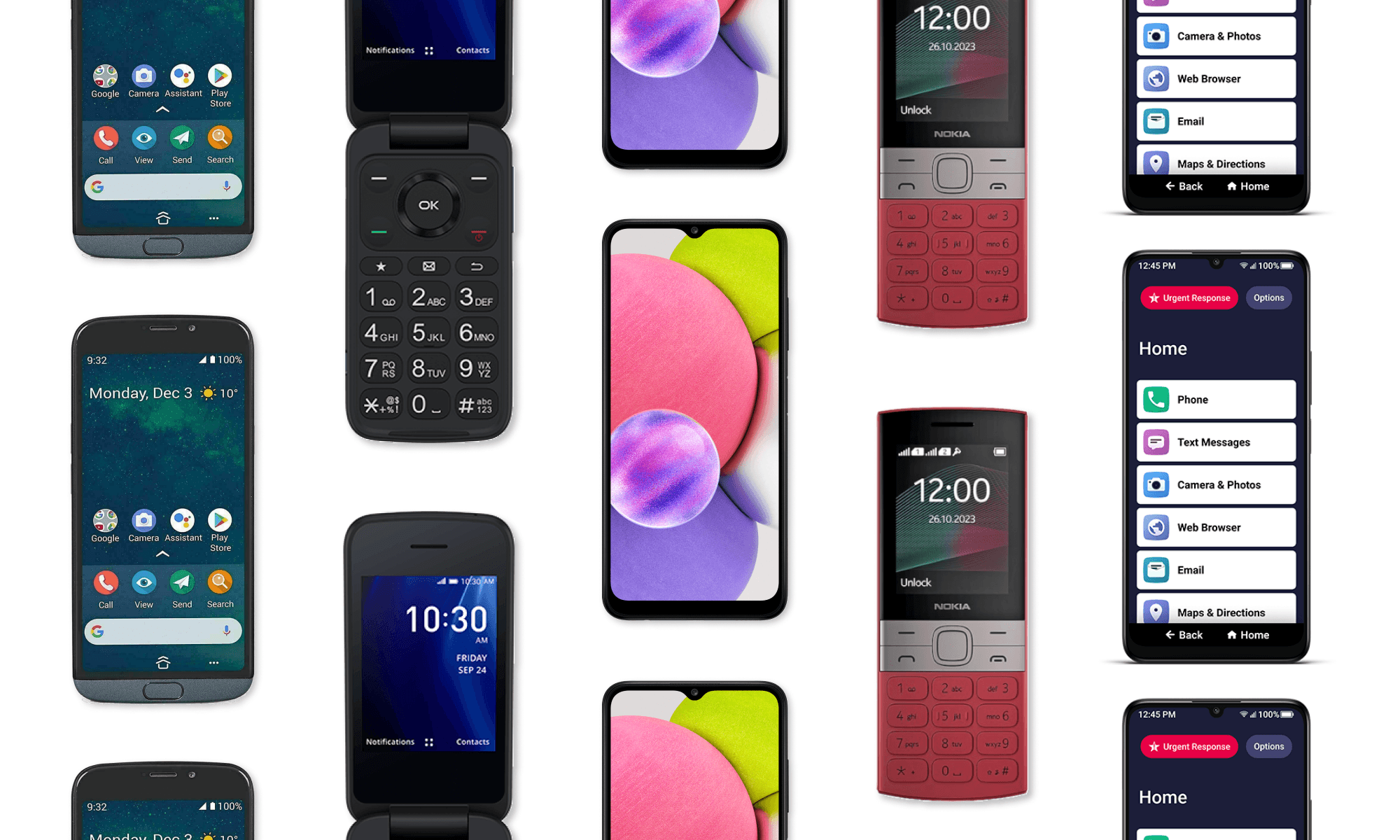
According to the recent announcement from the government regarding their plans to lift some of the lockdown restrictions, there are measures required to keep track of cases while relaxing some of the regulations that have been in place since late March to combat the spread of the virus. One of the steps to get Britain back on its feet is a development of a contact-tracing app. The introduction of this app around the country has been designed to help to register cases and contain the virus without keeping people at home unnecessarily.
We can all agree that the lockdown has been a difficult time for many of us and still is, especially for those of us that are making the effort to adhere to social distancing measures and wearing protective masks when going out for necessities. The contact-tracing app’s development aims to address this issue by tracking the virus, allowing our daily lives to theoretically return to a semblance of normality. However, the general public still has justified concerns regarding how the app will work and whether their privacy will be protected.
This is a smartphone application that can be downloaded and has been developed to make people aware whether they have contracted the virus or have been exposed to it. The app will be able to alert those who have been in close contact with a person who has reported it later on of having coronavirus-related symptoms. In this way, the app will help to identify those potentially at risk of developing symptoms faster, and pinpoint exactly which individuals need to self-isolate. The ability of the app to track down contact between coronavirus-positive people and those that may have got infected could make it a key tool of aiding the end of lockdown.
Image: NHS
The NHS Covid-19 app is free to use and will require your phone’s Bluetooth function to trace contact between people using the app. When two or more devices get in contact at less than 6ft distance for at least 15 minutes, the devices will exchange the signal, in a sort of a digital remote ‘handshake’, keeping the data between users anonymous.
Users of the app have an option to opt-in to register their symptoms in case they start feeling unwell. If one of the people previously in close contact reports their symptoms, they will be advised through the app to self-isolate. The app will use that report to send a notification within 4 hours to others that the infected user has contacted within the last 28 days alerting them and advising to self-isolate, as well as providing instructions on what to do next and where to access useful information from. According to the government, the NHS will then send a testing kit within 24 hours, and if the contacted people are tested negative, the app will notify them that they can be released from self-isolation.
Image: NHS
The app has been designed to save your device’s battery and have no noticeable impact on the performance of your device.
The data that the app will collect is encrypted and will be kept on the phone unless you or someone you've been in contact reports symptoms. The data then will be only transferred to NHS servers. Wireless Bluetooth contact tracing will be active as long as the app is running, however the app will not have access to other data or information on your device. Anonymous IDs will be assigned to every user and linked to their device, so it will not be possible to identify the individuals and find out who exactly passed on the infection. The data from the phone will be shared with a health service database for management, evaluation and research, only if the user chooses to report symptoms.
The app does not require location settings to be on or to stay connected to mobile data to work. Bluetooth function on your device will do the work of checking for contact between users of the app. Although, currently users are asked to provide only first digits of their postcode when setting up the app, your exact location remains undetected. Location data sharing might be introduced as a voluntary option at a later date to collect insightful data on the pandemic.
If you decide to delete the app, you can do so at any time and all the data stored on your device will be removed, however your devices ID might still remain on devices of other users. Ultimately, the government will have access to the data mentioned above, which might concern you, or you might consider it to be worth it for the sake of protecting the general population. As it currently stands, downloading the app is not a legal requirement, so the choice is yours.
Since the 5th of May, the app has been tested on the Isle Of Wight. If the technology proves to be successful, it will be available nationwide within 2-3 weeks following this testing period.
The first feedback from the app that has been downloaded by approximately 50,000 people so far in this region has revealed several issues. Firstly, people have been receiving notifications that they have been in contact with someone with COVID-19, even though they have not been outdoors after installing the app. Additionally, the trial has identified that the app is not compatible with phones running on software versions older than iOS 11 and Android 8. There have also been other download related problems.
Despite the government's insistence that the app usage is not going to affect battery life, early users have reported that the app has been draining their phones’ batteries. These issues are set to be resolved before a wider rollout can take place. If a trial on the Isle of Wight proves necessary, then the government will transition to a second app that is currently being developed using solutions by Google and Apple, according to the Financial Times.
Rolling out this app is certainly a better option than doing nothing, because staying in lockdown forever is completely unrealistic. Embracing technology to help control the spread of the virus may be one of the only viable options to minimise the impact of COVID-19. There is still a lot of work that needs to be carried out on the app to ensure that there are no glitches, and that it works effectively.

The environmental cost of our gadgets often go unnoticed. Mobile phones in particular contribute significantly to e-waste and resource depletion. But what if your next phone purchase could keep the planet in mind?

When you have kids, it’s always quite handy to have some sort of gadget or activity to keep them entertained especially when travelling or just out and about. In this blog we share with you the best tablets for kids depending on age, ranging from Apple to Amazon.

Whether you need a simple mobile phone for someone elderly in your family or a straightforward option for yourself, we’ve researched and listed five of the most simple mobile phones on the market in 2024.